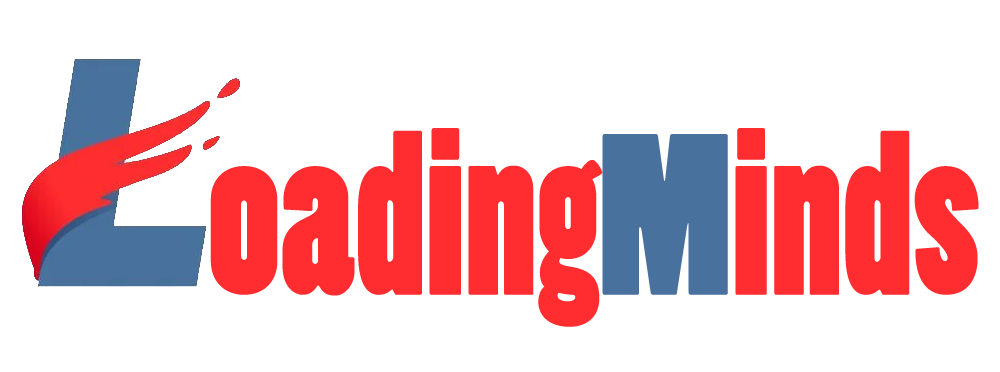Microsoft has itemized a significant leap forward in its work on engineered DNA stockpiling, explicitly on further developing information throughput. The evidence of-idea is the subject of another review from Microsoft Research and a group at the University of Washington’s Molecular Information Systems Laboratory (MISL), making ready for a future in which the world’s information is put away on lab-made DNA, not tapes and hard drives.
Old tech still dominates
Microsoft has gone through years chipping away at manufactured DNA information stockpiling, a promising innovation that intends to address developing stockpiling requests. The organization paints an intricate, if not marvelous, picture revolved around present-day and future information needs — the immense amount of data that as of now exists, the sum created each day, and development forecasts throughout the following two years.
Expecting those forecasts are precise, there will be roughly 8.9 zettabytes of information away all over the planet by 2024, as per IDC. That works out to around 9 million petabytes of information, which is even beyond what the normal individual can envision. Microsoft makes an interpretation of that consider along with a more appealing setting: a solitary zettabyte would be comparable to introducing Windows 11 on a bigger number of than 15 billion PCs.
Different kinds of information stockpiling are generally utilized, and however they appear to be decidedly old fashioned now, tape cartridges stay the most engaging business choice because of their thickness (through IBM).
Attractive tape has been around for quite some time and offers some unmistakable advantages for organizations that produce immense measures of information: they assist with keeping data got away from programmers and can pack many terabytes of information in a little structure factor. IBM says one tape cartridge using its most recent tech has a 580TB limit, which would require more than 3/4 of 1,000,000 CDs to store.

